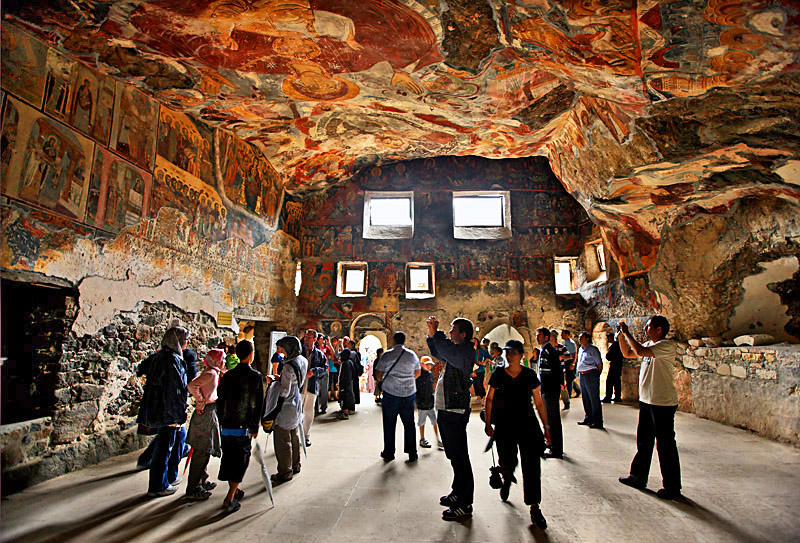Turkey is one of the most fabulous places in the world to visit, with its own culture and people. Its historical significance and architecture have made it popular among visitors. Your task of entering this wonderful country can be more accessible if you apply for a Turkey visa online. It is bordered on the south by Syria and Iraq, on the east by Iran, Armenia, and the independent Azerbaijani state of Nakhchivan, on the northeast by Georgia, on the northwest by Bulgaria, and on the west by Greece. The Mediterranean Sea is in the south, the Black Sea is in the north, and the west is the Aegean Sea. The Turkish Channels are formed by the Bosphorus, the Sea of Marmara, and the Dardanelles, which divide Thrace and Anatolia and Europe and Asia. Turkey is strategically significant because of its location between Europe and Asia. Turkey’s tourist industry has grown rapidly in the previous two decades. Millions of tourists visit Turkey every year, making it the world’s sixth most popular tourist destination. The ‘Historic Area of Istanbul’ is Turkey’s more than 12 UNESCO world heritage sites. The ‘Cappadocia rock sites,’ the ‘Neolithic Site,’ and Hattusa, among others.
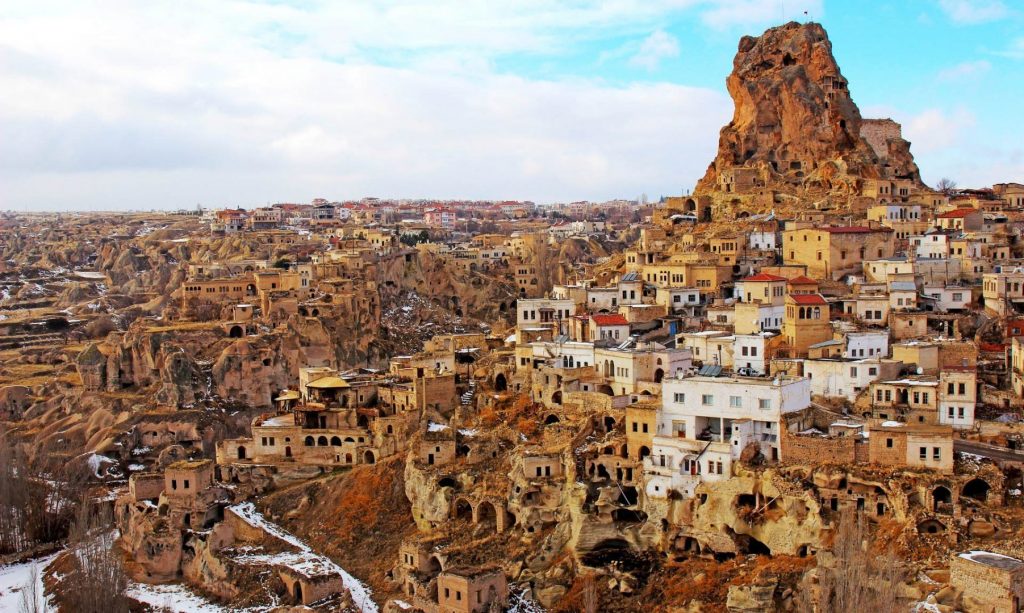
The Turkish National Independence War was an attempt to build a new state from the ruins of an Empire that had reached the end of its rule. It lasted four years (1919-1922), during which a small army of volunteers fought and defeated the world’s great countries. The success of Ataturk was not only military but also diplomatic. With the signing of the Lausanne Peace Treaty on July 24, 1923, the Turkish military win was sealed with a diplomatic victory. The Treaty of Rome, which was signed with the United Kingdom, France, Greece, Italy, and others, acknowledged the existence of a Turkish state and its international borders and its total independence.
The Republic of Turkey: On October 29, 1923, the Republic of Turkey was established. The Turkish people had self-rule for the first time in centuries. Mustafa Kemal was chosen as the Republic of Turkey’s first president.
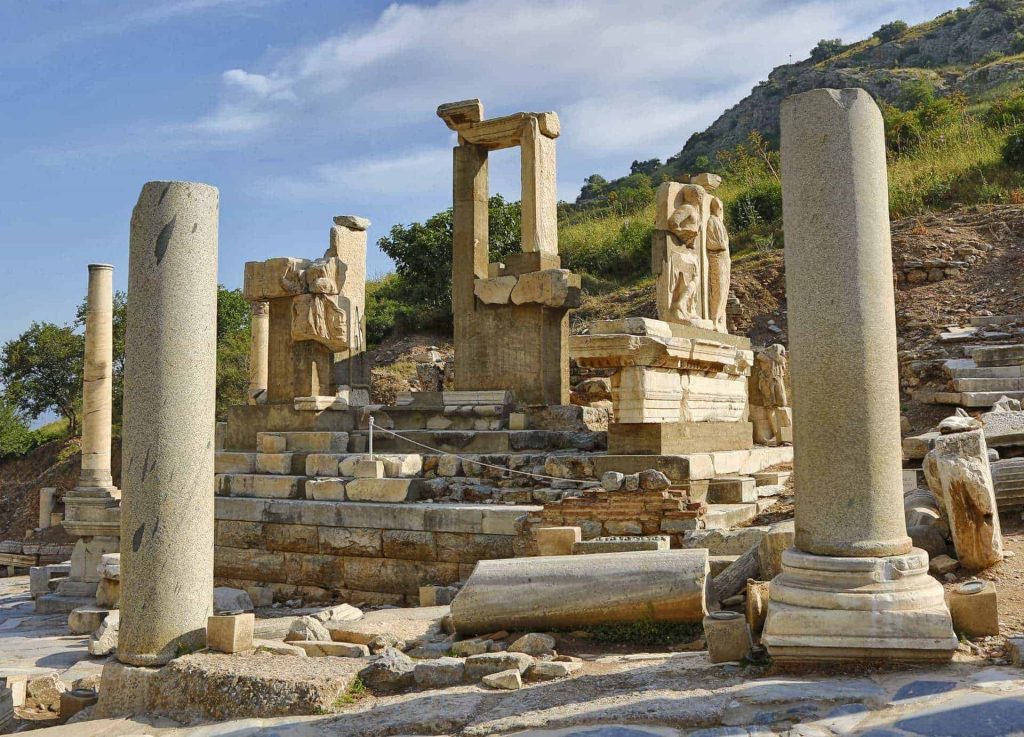
Mustafa Kemal Atatürk, who served as president for 15 years until his death in 1938, implemented a wide variety of changes in the political, social, legal, economic, and cultural sectors that were nearly unequalled in any other country.
The quickest way to get a fast e visa for Turkey is to apply online. When we try to obtain a permit for any country, the lengthy process of applying for a visa might disrupt our plans; nevertheless, online permits can now assist us in planning our vacation. The Anatolian peninsula, which includes the majority of modern-day Turkey, is one of the world’s oldest permanently populated locations. Many of these people spoke the Anatolian language, a part of the greater Indo-European language family. The country is now a member of the Eurasian Transcontinental Union. The Bosphorus, the Sea of Marmara, and the Dardanelles separate Asian Turkey from European Turkey, covering 97%. Turkey’s European population amounts to 3% of the country’s total.
There are plenty of transportation options to make your vacation comfortable and enjoyable. There are unique pubs, classic restaurants, and resorts that may make your vacation one of your life’s pleasures. Tourists of all ages may enjoy their vacation by visiting historical sites. In contrast, youth can enjoy food and hospitality, and children can enjoy their holiday by visiting unique resorts and beaches.
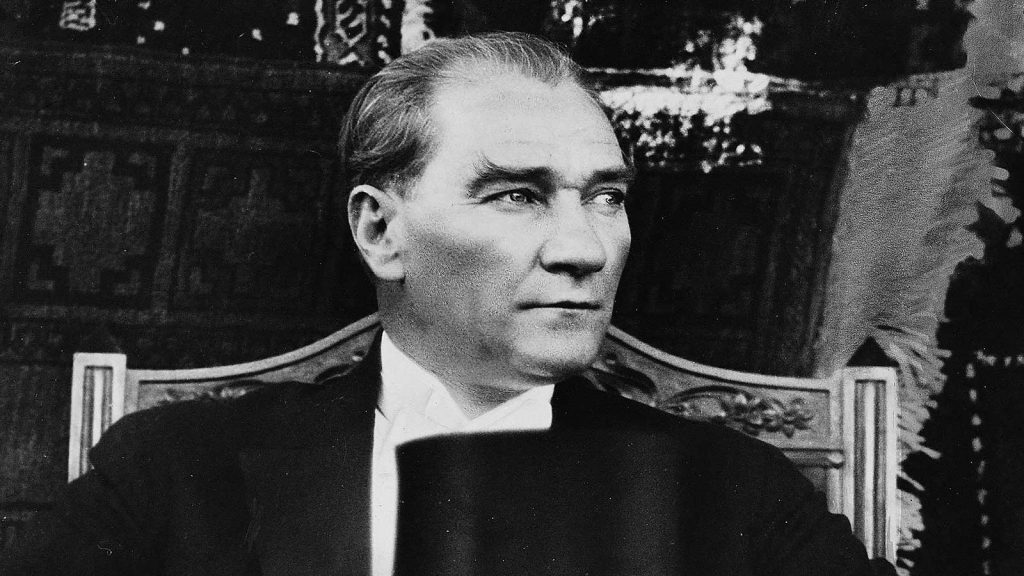
Turkish culture and traditions
Common Expressions and Daily Greetings
Turks like celebrating or empathising and frequent expressions are used to describe a wide range of daily and special events and occasions. If a buddy becomes unwell, the appropriate reaction is “Gecmis Olsun,” which means “get well soon.” When you walk inside a store, you may hear the word “Hos Geldiniz,” which means “welcome.” The list continues, but the good news for international visitors is that Turks are pretty calm when they visit. Learning a few words wins you a lot of respect, but don’t sweat the minor stuff; the Turks consider you a welcome visitor in their country.
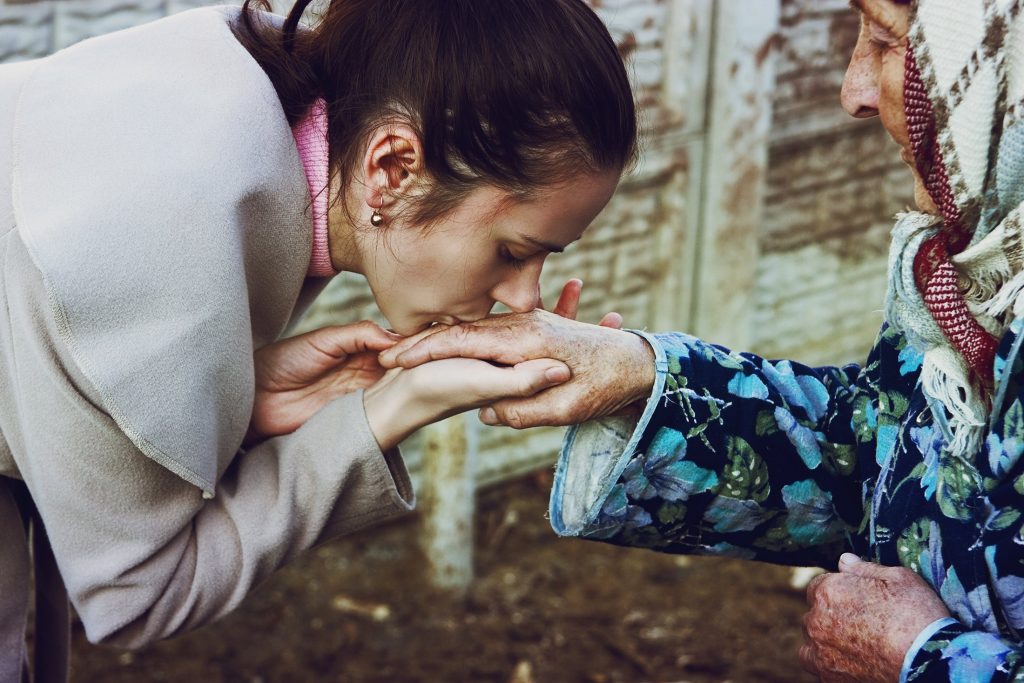
Evil Eye
The Nazar Boncugu, known as the evil eye, is found in offices, residences, transport, and companies, in direct violation of Islamic beliefs. This charm is believed to ward off evil by Turks, and it is now one of the most popular souvenirs to buy, in addition to being featured prominently in Turkish culture.
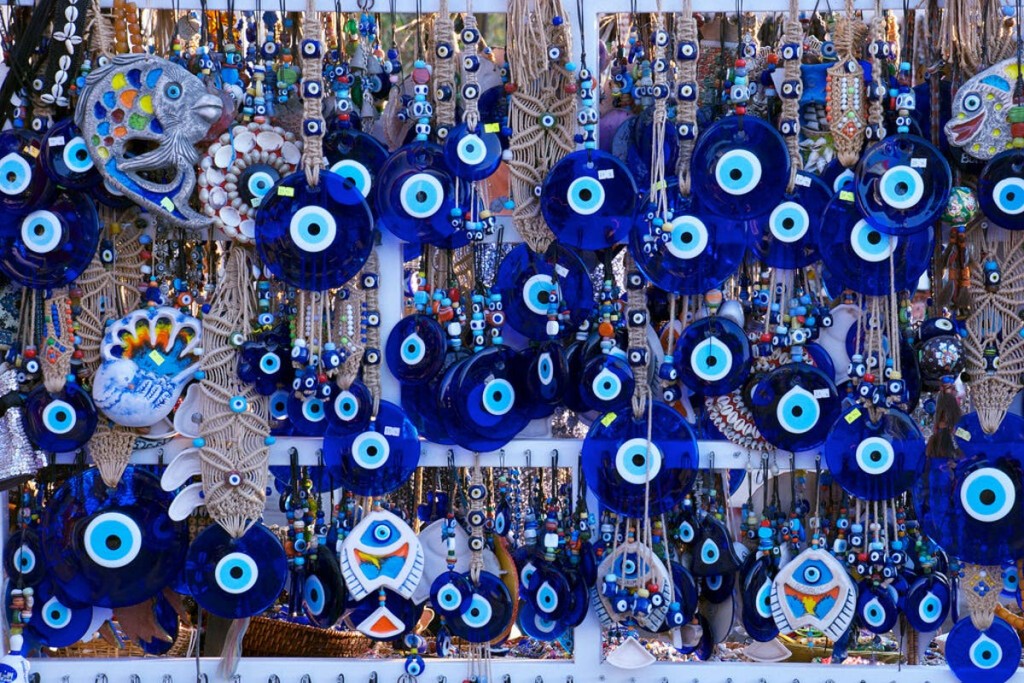
Breakfast, Food, and Bread
Food is a vital part of Turkish culture. It is a staple of Turks’ diets and is widely available across the country. Each food is a gift from Allah to enjoy rather than waste; hence, Turkish women frequently spend hours in the kitchen following labour-intensive recipes. Breakfast is an essential meal of the day, and it consists mainly of eggs, cucumbers, tomatoes, and olives. Don’t forget the bread, whether it’s for breakfast or any other meal. Some Turks will not eat a meal until it is served.
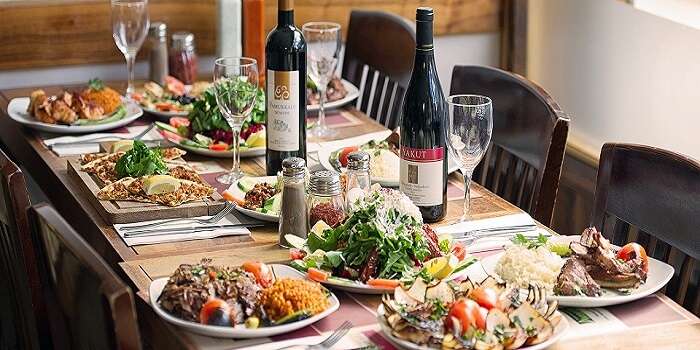
Circumcision
In many parts of the country, circumcision is still a religious requirement, but practices have considerably improved over the previous century. It was relatively uncommon for a local elder to perform the ceremony on the kitchen table. Still, more individuals are choosing hospital operations, particularly in the western areas of the country. A memorable watch is presented to the kid to remember the event, historically considered the transition from a fully blooded man to a fully blooded male.
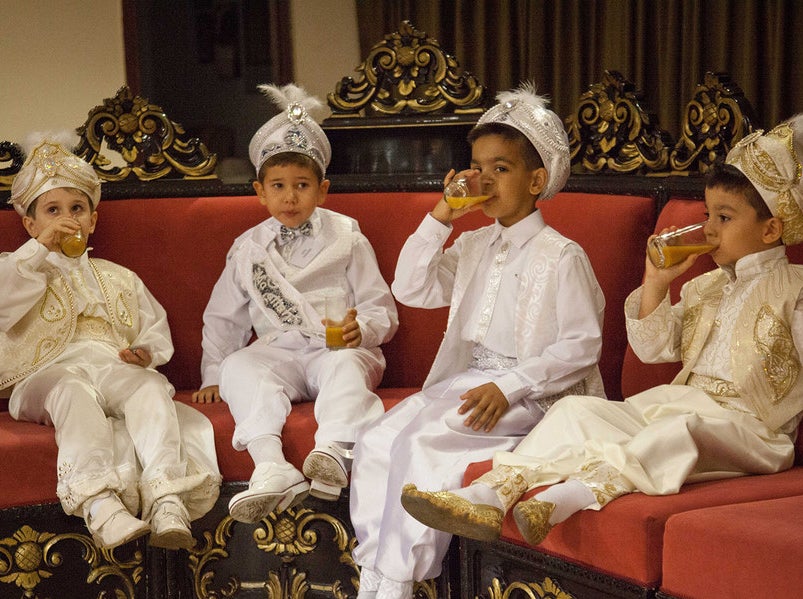
The Turkish Hamam
This tradition, which began in Roman public bathhouses and was later changed by the Ottomans, has now separated into two parts. Certain Turkish baths appeal to tourists since westerners prefer to swim in swimsuits. In contrast, others traditionally cater to the local population, as seen by the weekly practice of a women-only day.
People enter the sauna shirtless or in a swimming costume to sit in the sauna and drink cold water. Scrubbing with lofar and plenty of soapsuds is a fantastic way to remove dead skin, and most touristic bathhouses provide the option of a full massage.
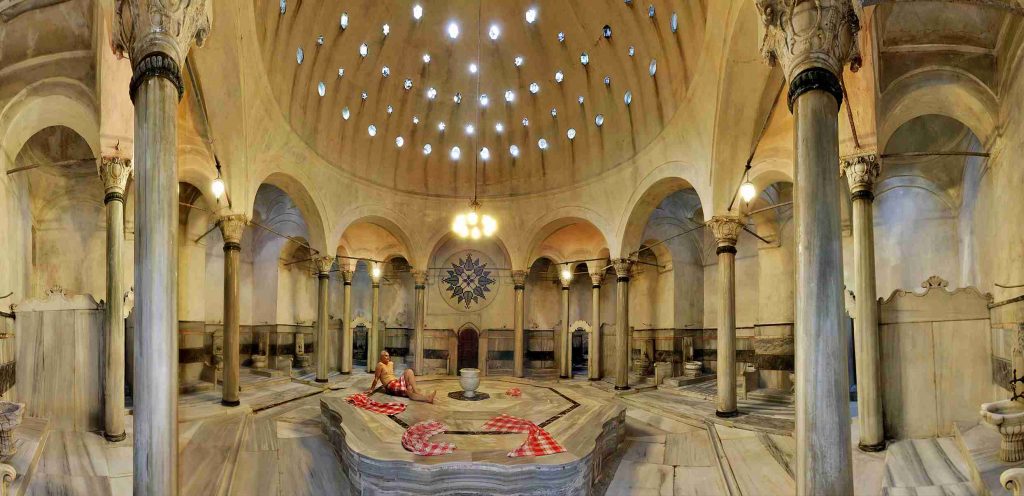
Turkish Carpets and Rugs
Carpets and rugs decorate the floors of every Turkish house. Handmade carpets have become popular holiday souvenirs due to their rich decoration. Unfortunately, some rogue salesmen offer fake Turkish rugs, dating back to the nomadic tribes’ days. As interior design has become more modern in recent years, some Turks prefer factory-made carpets, which are typically less expensive.
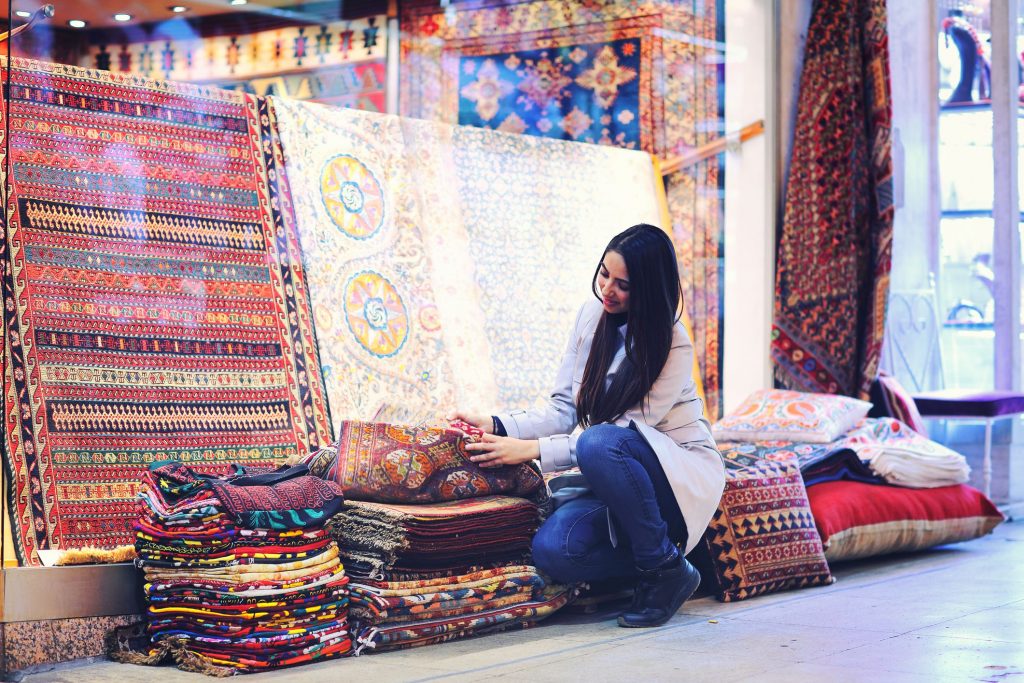
The author works at TurkeyVisaOnline.com and has published several blogs about the Turkey e Visa Application and the documents required for an e Visa.
